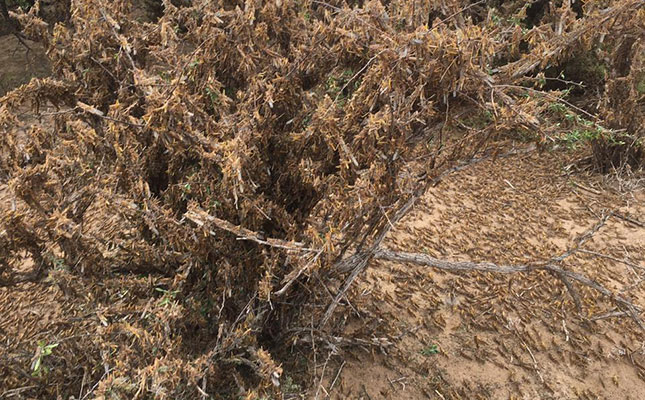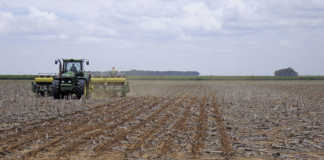
Photo: Susan Marais
Sub-Saharan Africa is still the most food-insecure region on earth according to the Economist’s Intelligence Unit’s (EIU) Global Food Security Index (GFSI) report, launched in Pretoria on Monday, 22 November.
The event was hosted by Agri SA, the US Department of Agriculture (USDA), and multinational agricultural company Corteva.
The GFSI is a benchmarking tool based on 58 unique indicators that analyse the underlying drivers and causes of food security across 113 countries.
Pratima Singh, the EIU’s senior manager for policy and insights, said despite an improvement in its score between 2012 and 2021, South Africa’s overall food security ranking dropped from 62nd to 70th on the index.
However, South Africa was ranked at the top of the list of 28 sub-Saharan African countries included in the study.
“In line with global trends, overall food security in South Africa has deteriorated in the past few years,” Singh said.
“These declines are driven by a reduction in availability and affordability of food.”
Corteva’s business leader for Southern Africa, Tony Esmeralda, said the volatility in production was especially concerning.
“South Africa is defined as a climate-sensitive country, and its clear that a defined food security policy needs to be put in place.”
He added that the time had therefore come for South Africa to have a food security agency in place.
“The lack of such an agency has had a negative impact on South Africa’s overall scoring,” he said, adding that South Africa needed to relook all infrastructure that related to food security in the country.
Another area of concern was the fact that more South Africans had become food insecure in recent years, due to the fact that they could no longer afford to buy healthy foods.
Esmeralda said the results also highlighted that there was a large income disparity present in South Africa.
Jaco Minnaar, president of Agri SA, said it was important to remember that agriculture itself has been resilient during the COVID-19-related economic downturn.
“In 2020, the South Africa’s economy contracted 7%; in contrast, the agriculture sector expanded 13,1% in real terms, and realised a trade surplus of over R63 billion,” Minnaar said.
“However, economic growth remains low, unemployment at an all-time high, and household income remains under immense pressure, resulting in the cold reality that less than half of South Africans can afford a healthy diet.”
Minnaar added that successful transformation would result in an increased number of smallholder farmers being able to produce for the local market, thereby ensuring regional food security, and where possible and viable, link into formal or tailor-made value chains to grow their businesses.
Sinelizwi Fakade, managing director of Rocky Park Farming, said it was crucial that farmers, especially new entrants and smallholder farmers, needed to receive government support to enable them to continue farming in volatile market conditions.
“I farm in the Eastern Cape and it’s crucial that we should not start with a hand-out. Farmers’ costs should rather be subsidised. Who will carry the cost if a bag of fertiliser suddenly doubles overnight?” Fakade said.
He suggested that options such as ‘interest-holidays’ and relaxed financing be investigated.











